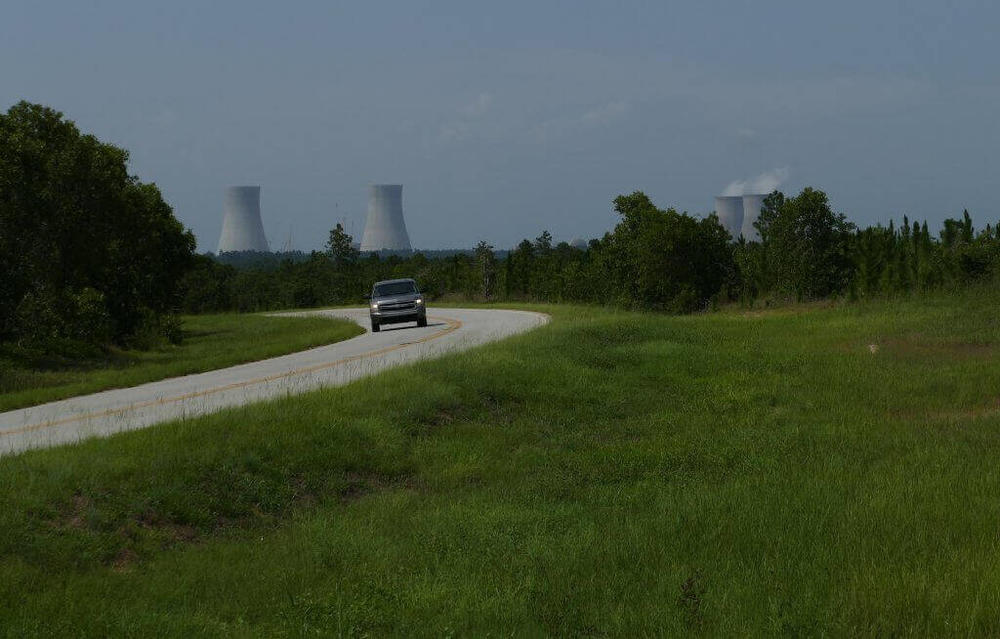
Caption
Georgia Power will continue to report its progress at Plant Vogtle to state regulators. But under a new proposal, the state would not have to determine whether the expenses are reasonable until the project is finished.
Credit: John McCosh/Georgia Recorder

